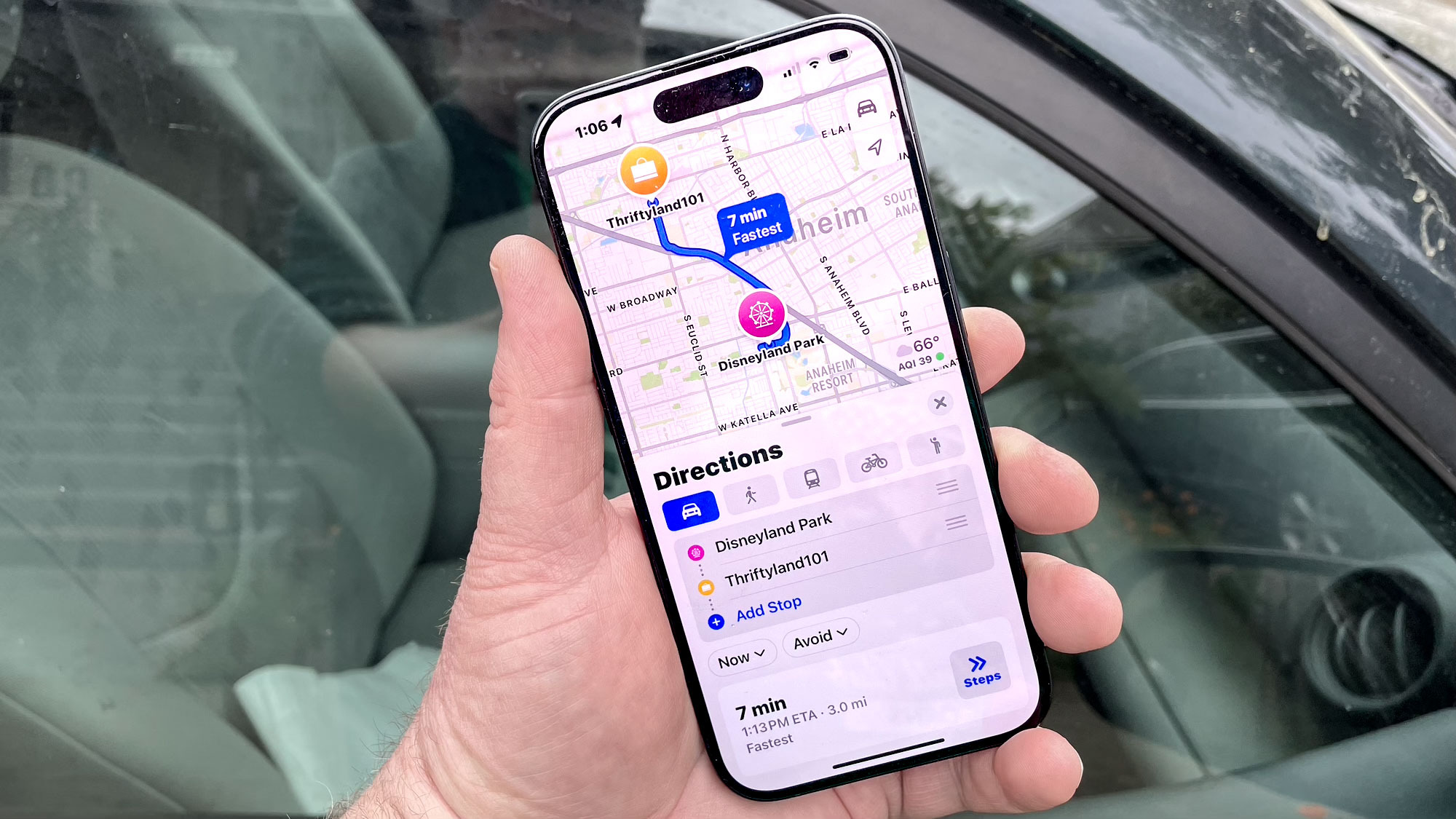Google Pixel vs. Galaxy S7 vs. iPhone 7: Camera Face-Off
The Google Pixel takes stunning photos and offers great detail, but the iPhone 7 offers more natural colors and the Galaxy S7 is still the best all around.
The Samsung Galaxy S7, Apple iPhone 7 and now the Google Pixel have the best smartphone cameras in the world. They shoot sharper, more colorful photos than what you get from other phones. Even compared to pretty adept shooters like the LG V20, their photo prowess is simply a cut above the rest. But even though these cameras are all superb, each has its own strengths and weakness. So we put a Pixel XL, Galaxy S7 and iPhone 7 Plus head-to-head to determine which is strongest.
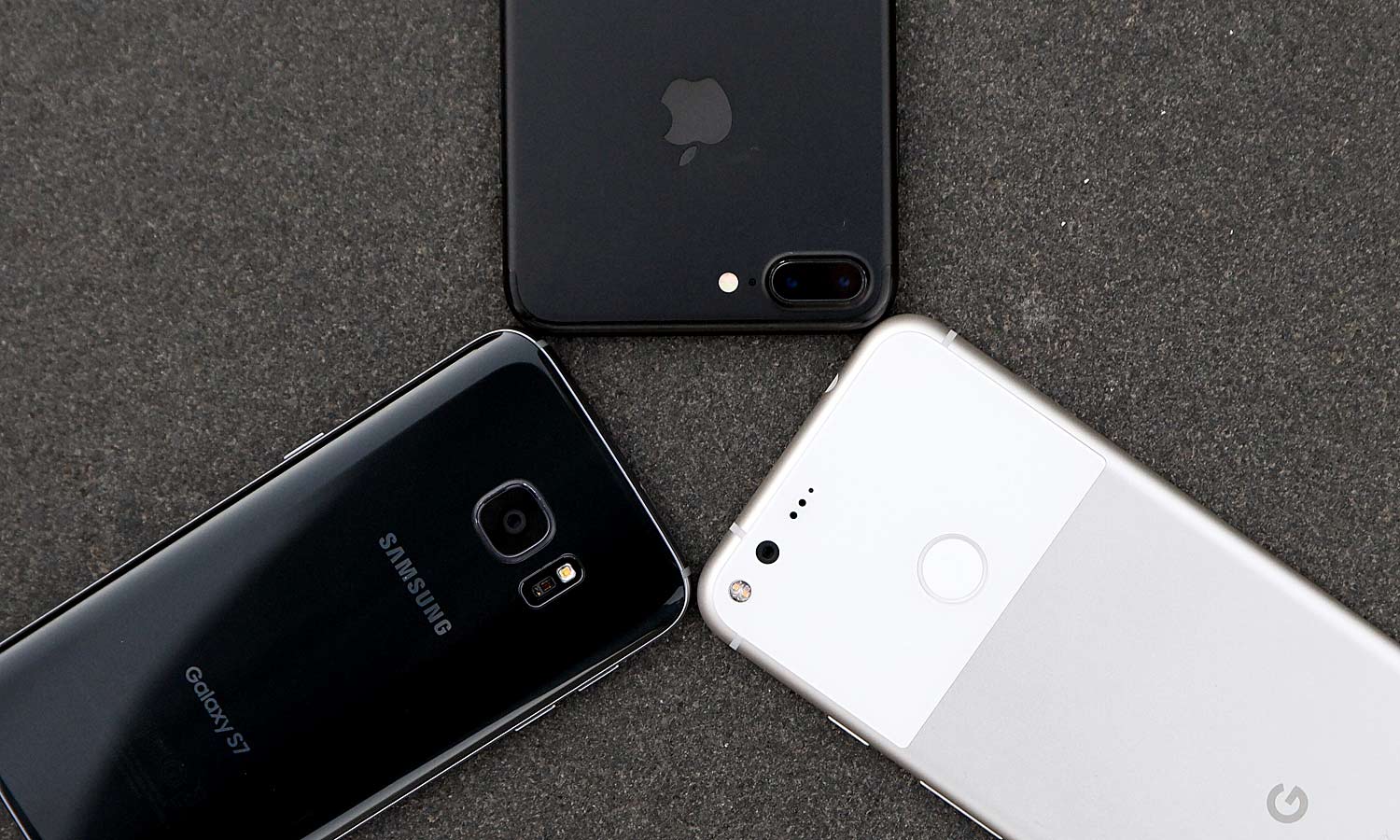
As it turns out, the Galaxy S7 is still the champ, but the Pixel and iPhone 7 both outperform Samsung’s shooter in some ways.
The Cameras
Before we take a look at the photos, let's pause to take a look at what each camera is working with. The S7, iPhone and Pixel all sport 12.3-megapixel rear cameras, so as far as resolution goes, they are all starting from the same place.
MORE: Best Camera Phones Available Right Now
However, with its f/1.7 lens, the Galaxy S7 has a larger max aperture than the f/1.8 camera on the iPhone 7, while the Google Pixel's f/2.0 lens is even smaller. That means that under the same conditions, the S7's sensor will get more light than the other two, which, as we'll see later, has a significant effect on low-light shots.
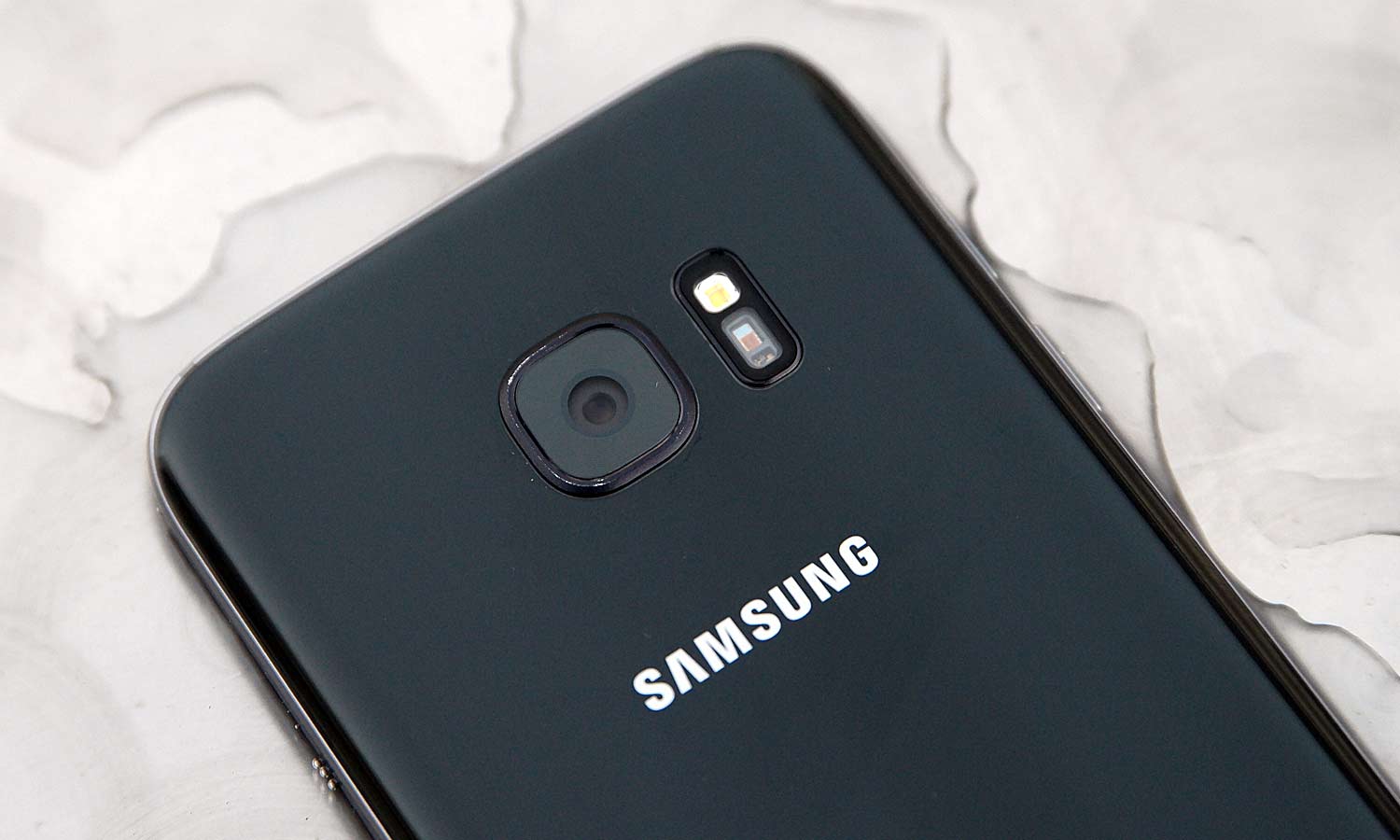
Apple's iPhone 7 hits backs with a second camera on the iPhone 7 Plus, which gives you a true 2x optical zoom from its extra camera, in addition to a new image signal processor (ISP) that Apple claims will deliver more accurate colors and improved tone mapping.
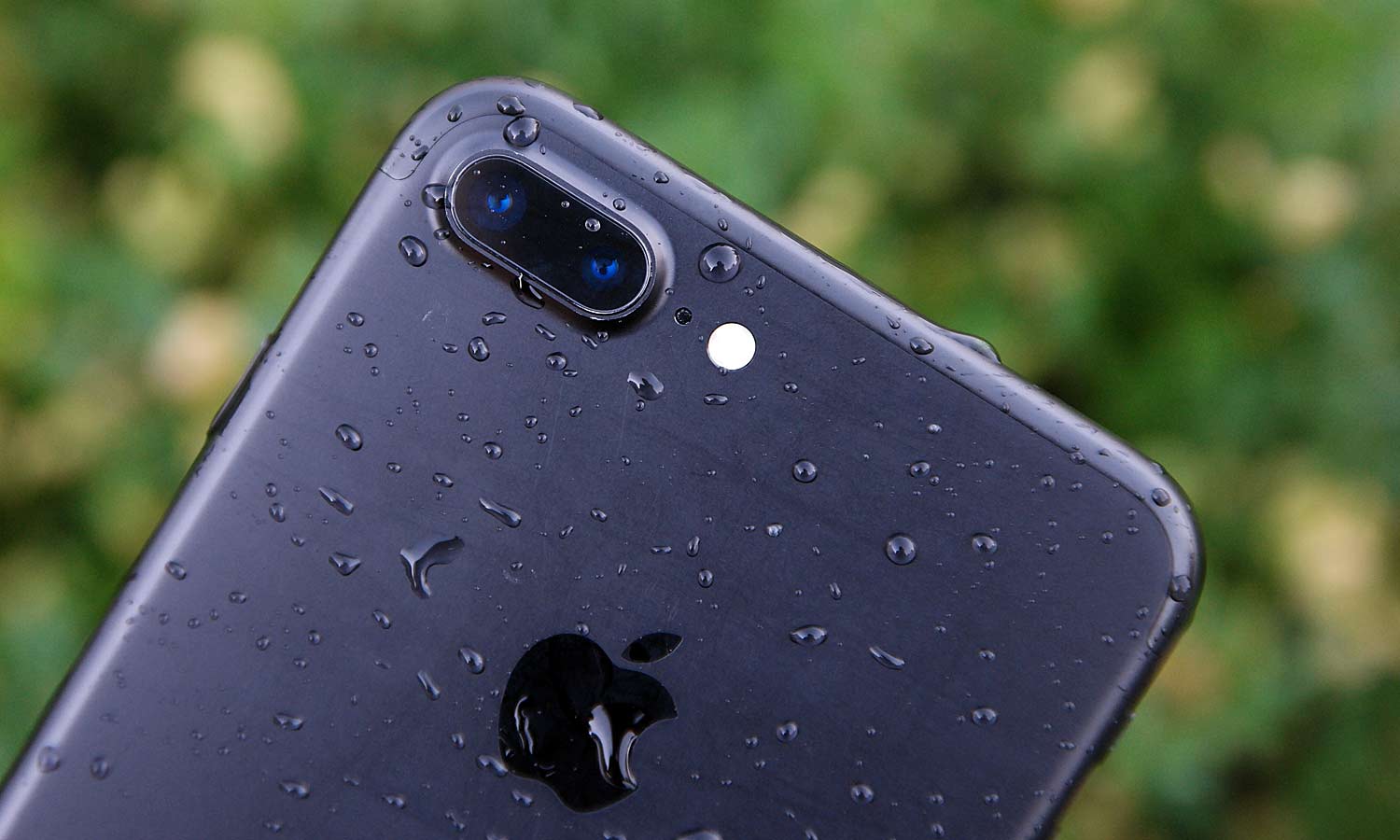
Finally, the Google Pixel sports Sony's latest smartphone camera, the Exmor RS IMX387, which features a new, more compact stacked BSI sensor (there's no camera hump on the Pixel), and a new version of Sony's high-dynamic-range tech, which helps the Pixel deliver faster and more detailed HDR shots.
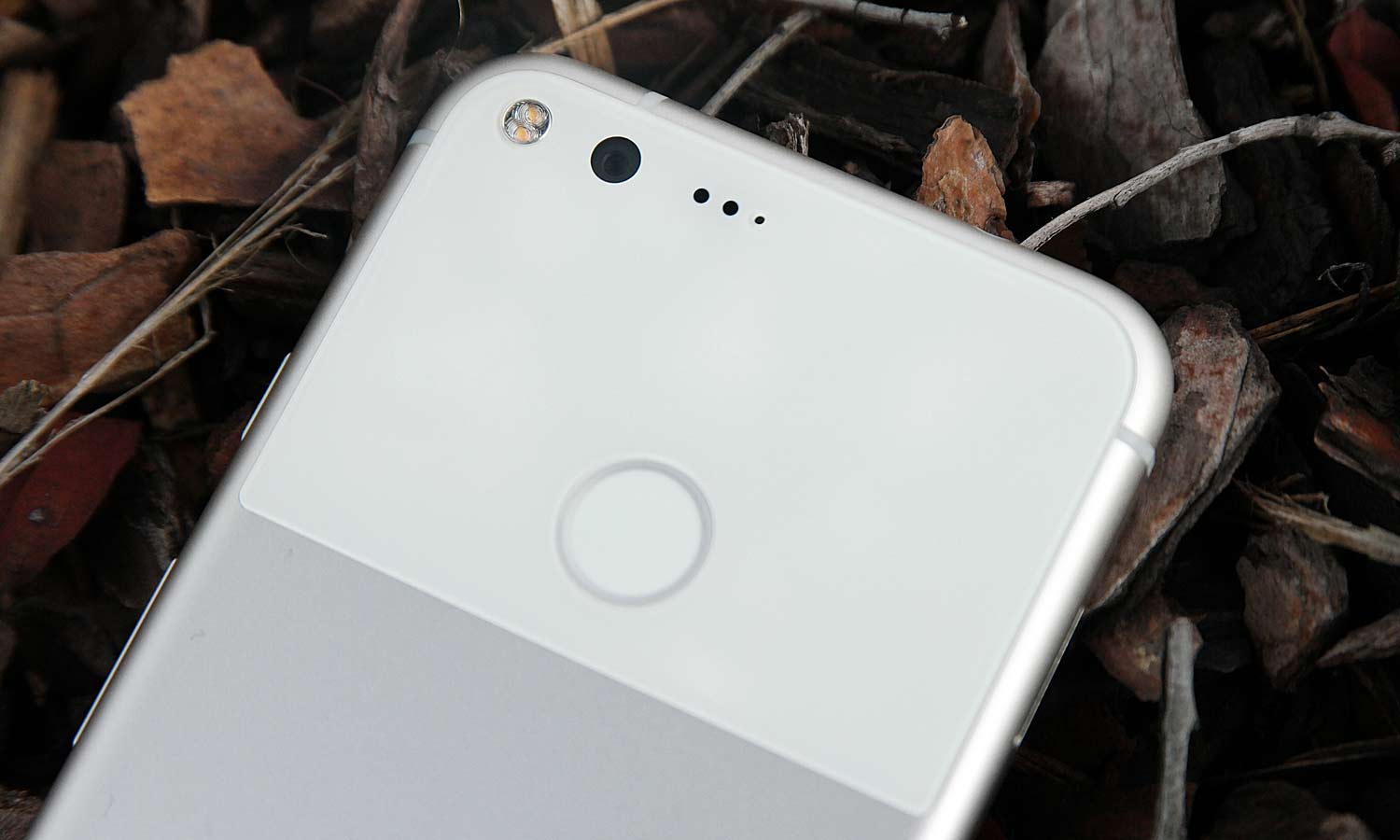
The Photos
Bright Light and HDR
During the daytime when there's a lot of light, the Pixel really shows its strength with its HDR+ mode. While all three pictures look good, the Pixel's photo has by far the most detail on the buildings in the background, the varying shade in the midground and bark on the trees in front.

The grass in the S7's photo looks a little too yellow, and while the iPhone 7's shot is nearly as good as the Pixel's, its pic just doesn't pop as much.
Close-Ups and Detail
Despite all three cameras having the same resolution, when you get up close, you can get some pretty varied results. In a shot at a nearby flower stand, both the Pixel's and S7's photo look sharper than the iPhone's pic. But deciding between the Google and Samsung is a little harder.

At 100 percent, the flower petals in the S7's shot look like they have been outlined in pencil, which is a sign of the camera oversharpening the photo. Meanwhile, while things don't look quite as defined, the Pixel's pic is still just as sharp, which gives Google's phone a tiny lead in the detail department.

Color
The way each camera captures color shows one of the biggest divides between the iPhone, the Galaxy S7 and the Pixel. Often, photos from both the S7 and the Pixel feature super-rich and saturated colors, which are designed to look pleasing to others, even if they aren't always the most realistic or accurate.

A picture at a nearby farmer’s market is a good example of this, as the S7 and Pixel both pushed the oranges and purples of the carrots and beets quite far, while the iPhone 7's pic sports more natural and accurate hues.
If you’re looking for an example of the difference in dynamic range between the cameras, check out the radishes in the bottom left. In the iPhone 7's pic, they are blown out, while in the other two, you can see significantly more detail.
Low Light
When the lights go down, the Pixel's relatively more narrow f/2.0 aperture and lack of optical image stabilization cause it to lag behind the S7 and the iPhone 7. In this photo taken at a bar, the Pixel's photo was shot at ISO-1057, compared to IS0-100 for the iPhone 7 Plus and ISO-250 for the S7, which resulted in significantly more grain in the Pixel's shot.

The Pixel's photo also looks unnaturally bright, and lacks the more pleasing contrast between light and dark that you get from Apple's and Samsung's phones.
Bottom Line
While I can't stress enough that these phones are superb shooters, and a good deal better than other devices, when you really get down to it, they each excel in different areas. If you like taking a lot of daytime photos of landscapes and colorful objects, the Pixel's bright-light prowess and excellent HDR+ mode are what you want.
MORE: Best Smartphones on the Market Now
However, if you want the option of a 2x zoom, or care about getting the most accurate colors, you're probably best off with one of Apple's iPhone 7s.
But if you want the king of low light and the ability to adjust ISO and shutter speed manually out of the box, then you can't go wrong with Samsung's Galaxy S7. It’s still the best all-around shooter.
Sign up to get the BEST of Tom's Guide direct to your inbox.
Get instant access to breaking news, the hottest reviews, great deals and helpful tips.
Sam is a Senior Writer at Engadget and previously worked at Gizmodo as a Senior Reporter. Before that, he worked at Tom's Guide and Laptop Mag as a Staff Writer and Senior Product Review Analyst, overseeing benchmarks and testing for countless product reviews. He was also an archery instructor and a penguin trainer too (really).
